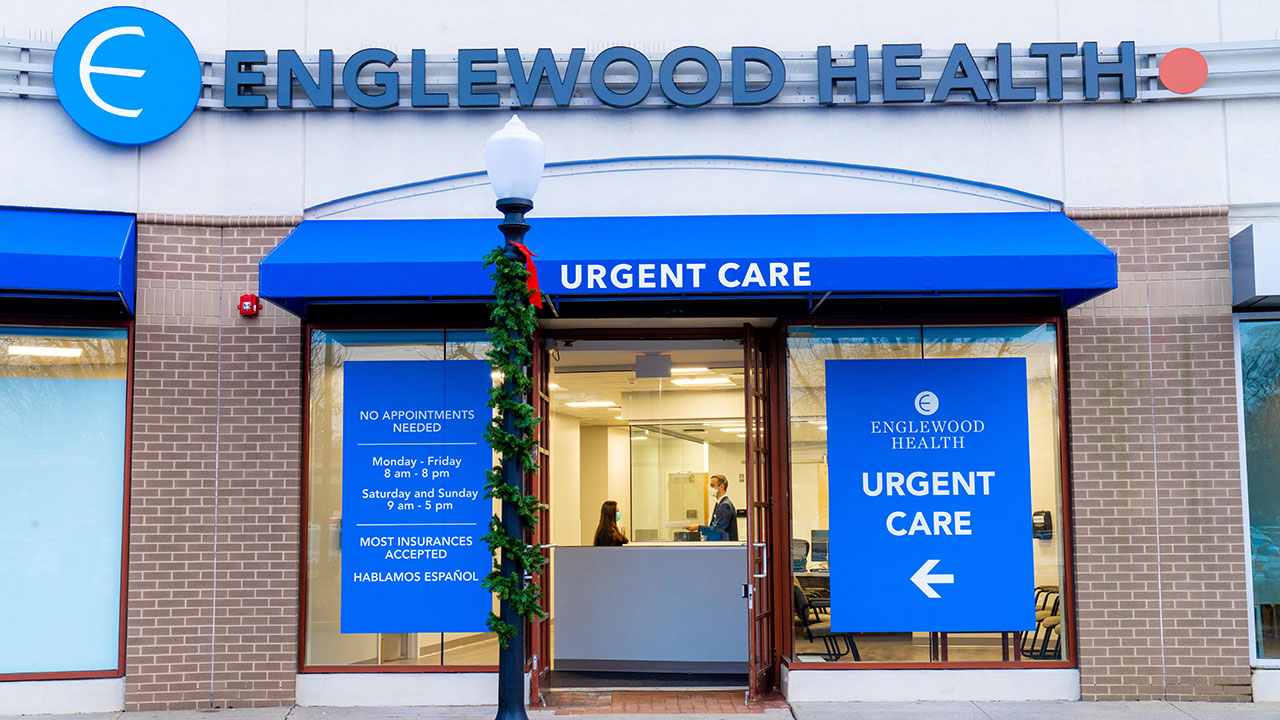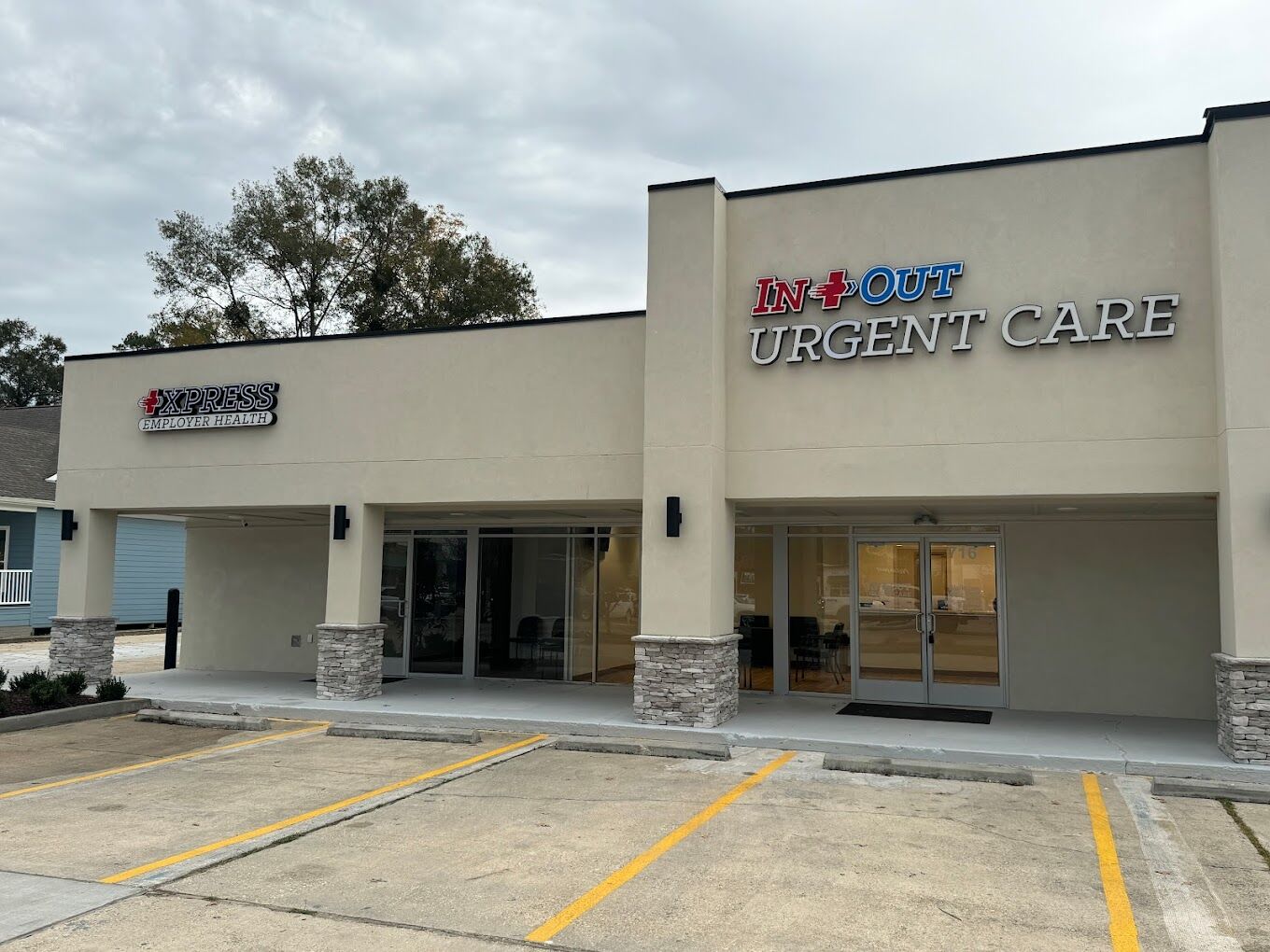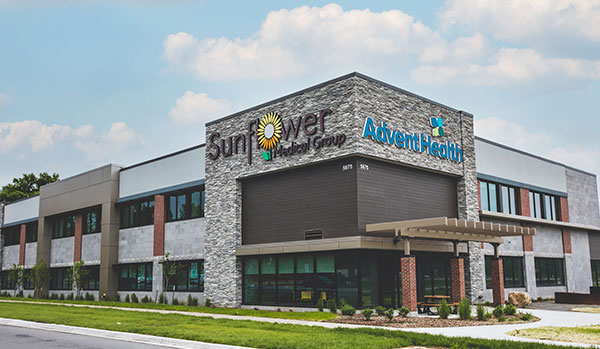The Ultimate Guide to Recognizing Urgent Care Clinics
The Ultimate Guide to Recognizing Urgent Care Clinics
Blog Article
Exactly How Urgent Care Clinics Enhance Accessibility to Healthcare for Sufferers With Immediate but Non-Emergent Medical Demands
Urgent care clinics have actually arised as a vital component in the healthcare landscape, addressing the requirements of patients who call for prompt interest for non-emergent conditions. By running beyond traditional office hours and supplying a streamlined method to minor injuries and health problems, these centers not just lower the worry on emergency situation departments however also boost total patient accessibility to prompt care. As we consider the effects of this version, it comes to be important to examine exactly how immediate care centers are transforming person experiences and results in manner ins which merit more exploration.
Role of Urgent Treatment Clinics
Immediate treatment facilities play a critical role in the health care system by giving immediate and easily accessible medical services for non-life-threatening problems. These centers function as a necessary bridge between health care carriers and emergency divisions, efficiently easing the burden on healthcare facilities while ensuring people receive prompt treatment. By operating extended hours, consisting of weekends and evenings, urgent treatment clinics cater to individuals who may not have the adaptability to go to a conventional medical professional's workplace throughout standard business hours.
The range of solutions supplied at urgent care facilities consists of therapy for small injuries, ailments, and diagnostic services such as X-rays and research laboratory tests. This breadth of treatment allows clients to attend to a range of wellness concerns without the long wait times commonly connected with emergency clinic. Moreover, immediate care clinics typically employ a varied group of healthcare professionals, including doctors, registered nurse experts, and medical professional aides, who are outfitted to manage various clinical scenarios.
Advantages of Immediate Access

In addition, instant access minimizes the concern on medical care companies and emergency situation divisions by drawing away less critical instances to suitable setups. This minimizes overcrowding in emergency clinic, allowing those with real emergencies to receive the immediate treatment they need without unneeded delays.
In addition, the ease of prolonged hours and walk-in availability indicates that clients can look for treatment without the demand for consultations, which is particularly beneficial for people with unpredictable routines or those who may experience sudden health problems. - Urgent Care
The availability of urgent treatment clinics fosters a positive approach to health, encouraging clients to seek medical guidance and treatment earlier as opposed to later on. This not just boosts patient satisfaction but also promotes a society of preventative treatment, inevitably leading to much healthier communities.
Contrast With Emergency Clinic
Often, clients find themselves unclear whether to visit an urgent care clinic or an emergency situation space when encountered with a medical issue. Urgent treatment facilities are designed to attend to non-emergent yet instant clinical concerns, such as minor injuries, infections, or health problems.
On the other hand, emergency clinic are geared up to take care of life-threatening situations and serious medical emergencies, such as cardiovascular disease, strokes, or significant trauma. These facilities use innovative analysis devices and professional appointments, which can cause longer wait times for people with less critical problems. On average, emergency situation spaces often tend to be more costly than urgent treatment centers, making urgent treatment a more cost-effective choice for non-emergent requirements.
Eventually, while both urgent treatment facilities and emergency situation rooms play essential roles in the medical care system, recognizing their corresponding features enables people to select the proper setting based upon the urgency and nature of their medical problems.
Solutions Provided by Urgent Care
Immediate treatment clinics provide a vast array of services customized to deal with non-emergent medical requirements, making them a convenient choice for patients looking for punctual attention. These centers are outfitted to take care of numerous conditions, consisting of small fractures, advice sprains, and lacerations, which need prompt care yet do not require emergency situation area treatment.
Additionally, immediate treatment clinics provide analysis services such as X-rays and lab examinations, enabling for quicker analysis and treatment of diseases. People commonly existing with common conditions like colds, flu, and infections, which can be successfully taken care of on-site. Furthermore, immediate care centers frequently give preventative services, consisting of vaccinations and health and wellness screenings, adding to total public health.
An additional key service provided is the management of chronic conditions worsened by acute signs and symptoms, such as asthma or diabetic issues, making certain clients obtain prompt care without frustrating emergency situation services. Several centers also expand their hours beyond traditional office routines, enhancing ease of access for individuals that might need treatment throughout weekends or nights.
Improving Patient Outcomes

Immediate care centers are outfitted to handle a series of non-emergent clinical issues, including minor injuries, infections, and illnesses. Their focus on accessible, premium care enables clients to obtain preventative services and appropriate treatments, cultivating better health monitoring. In addition, these centers usually use a multidisciplinary technique, integrating numerous healthcare specialists to guarantee extensive care.
Individual education and learning is likewise a vital component of boosting end results. Urgent care suppliers often provide assistance on follow-up care, safety nets, and way of living alterations, encouraging people to take an energetic duty in their health. The mix of prompt accessibility, expert care, and individual education and learning not just enhances fulfillment yet also leads to improved long-lasting health and wellness results, reinforcing the value of immediate care clinics in the healthcare continuum.
Final Thought
In summary, urgent care centers offer a crucial role in boosting health care accessibility for people with instant, non-emergent medical requirements. By giving prompt services outside go right here conventional workplace hours and decreasing delay times, these clinics properly alleviate pressure on emergency clinic. The variety of solutions provided adds to improved patient results, advertising proactive wellness administration. Ultimately, immediate treatment centers are necessary in linking the gap in between medical care and emergency situation services, ensuring effective and accessible healthcare for neighborhoods.
On average, emergency spaces have a tendency to be much more costly than immediate treatment clinics, making immediate care a much more cost-effective option for non-emergent demands. (Urgent Care)

Ultimately, urgent treatment centers are necessary in connecting the gap in between my company primary treatment and emergency solutions, making sure available and efficient medical care for areas.
Report this page